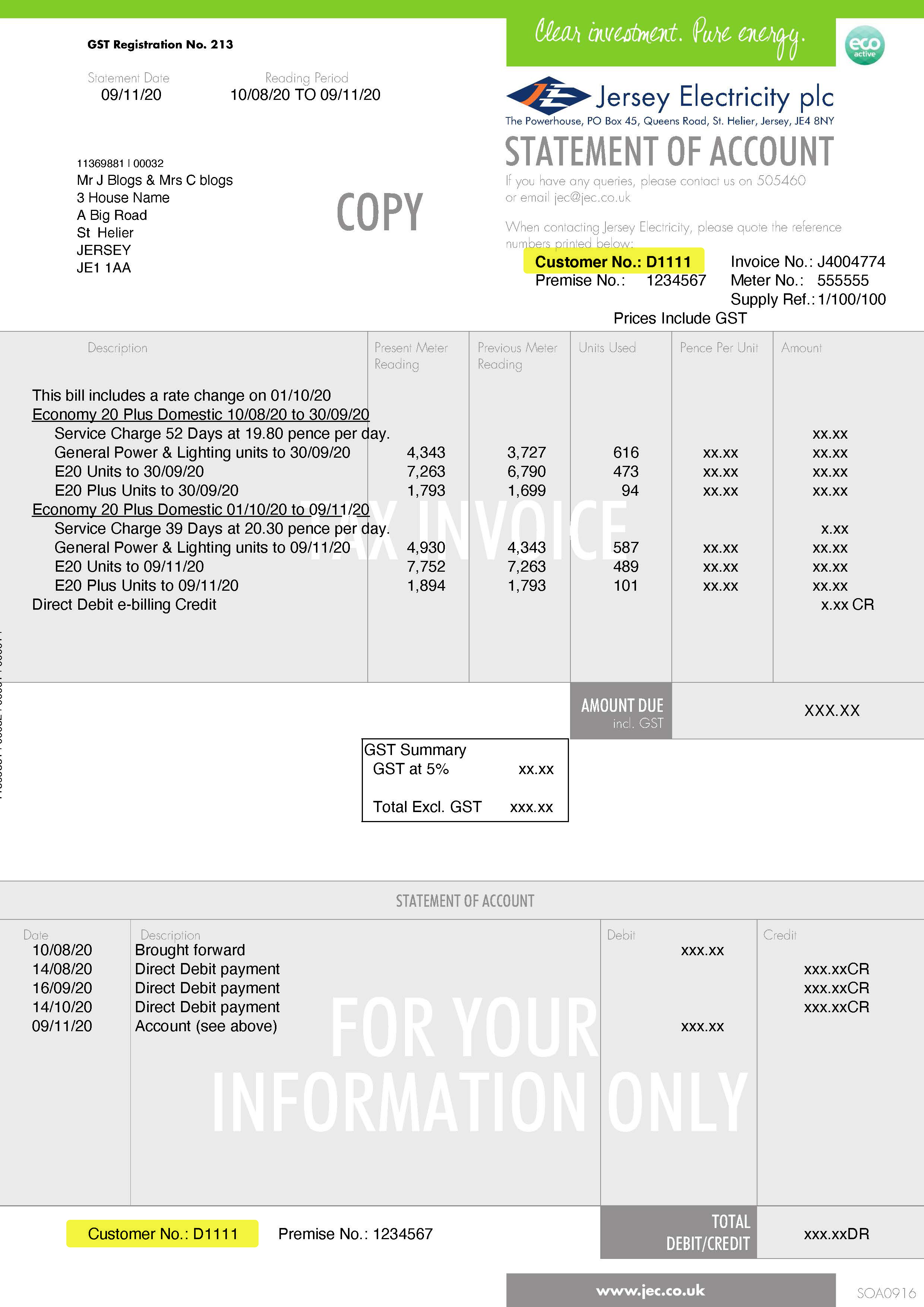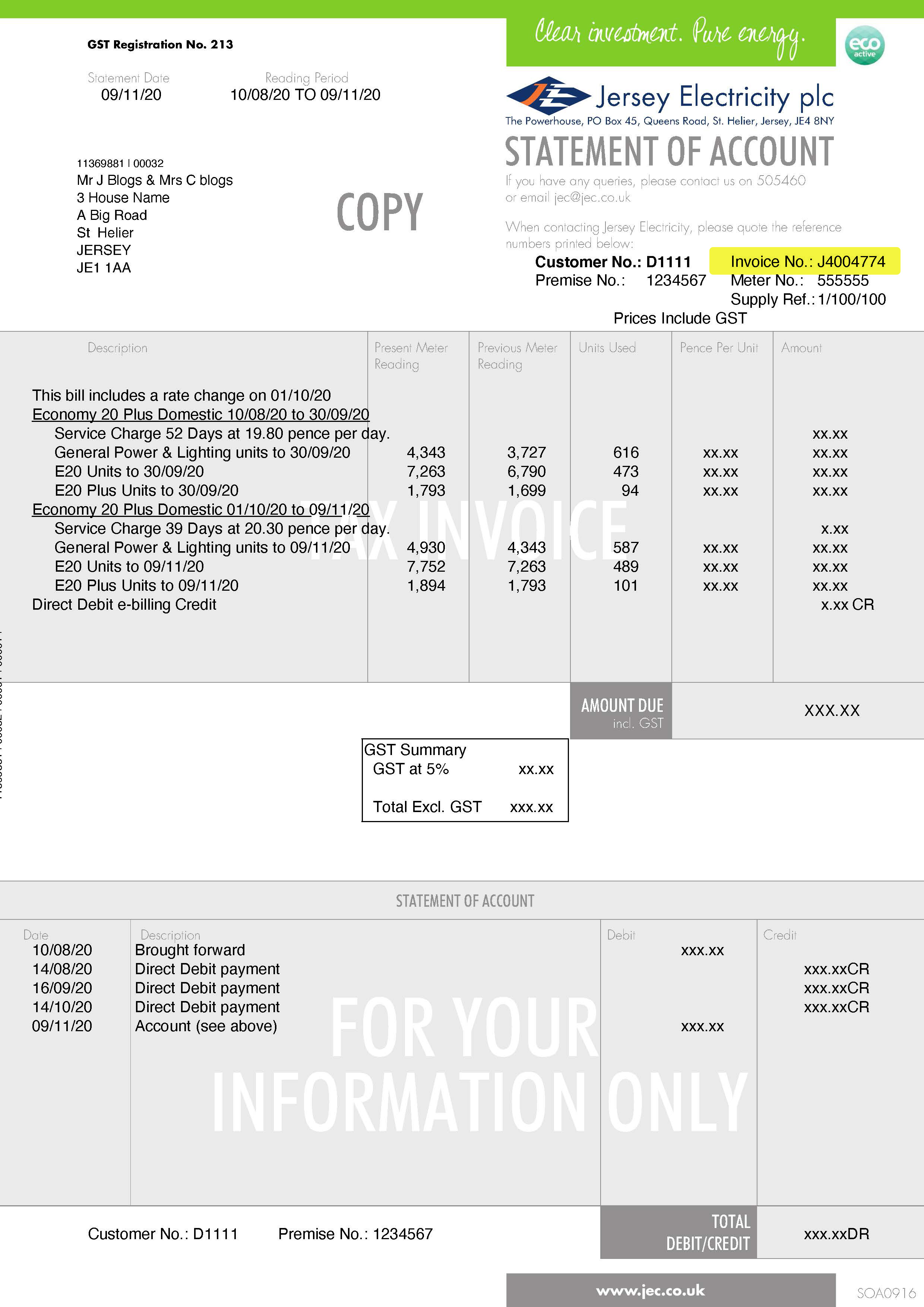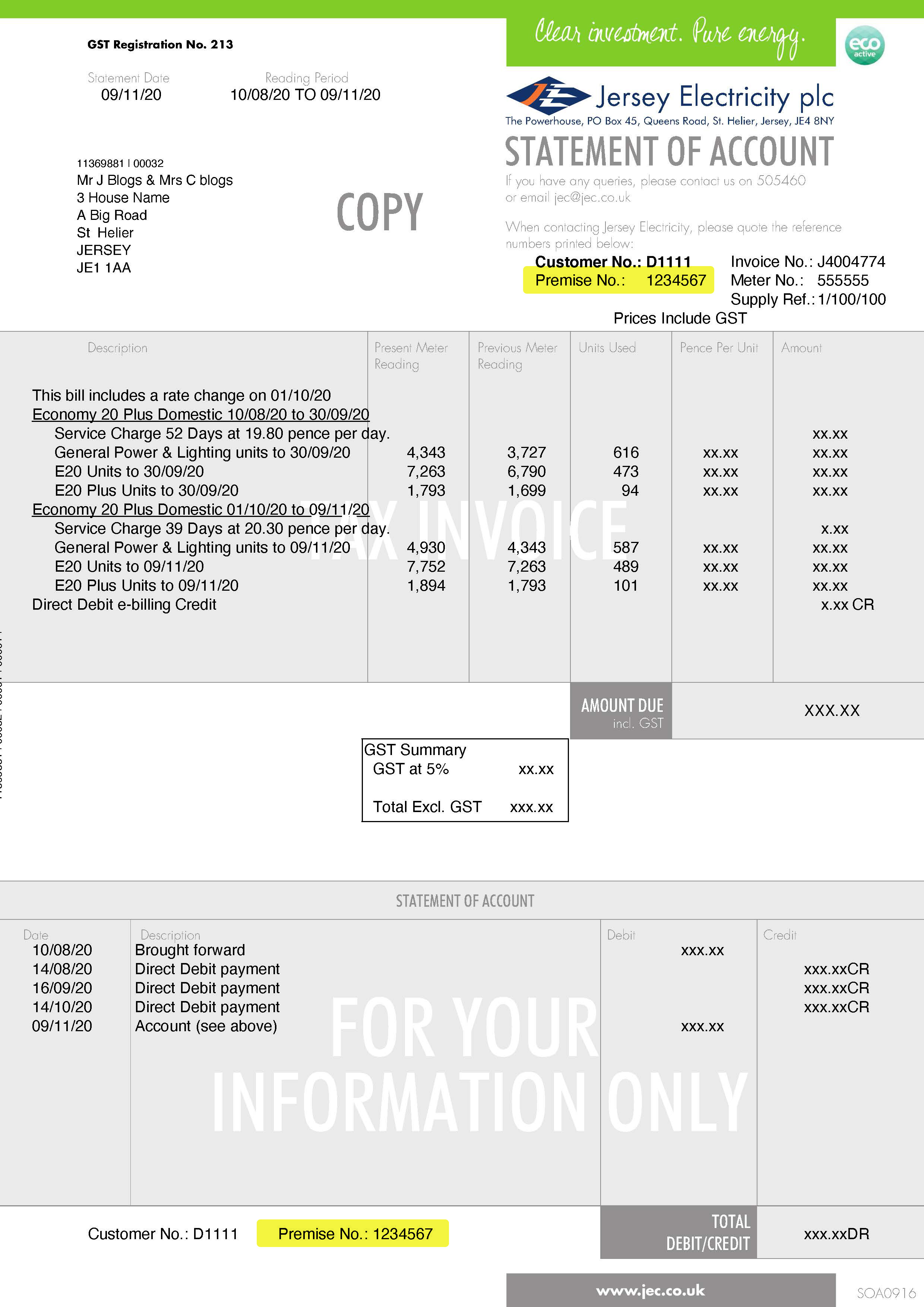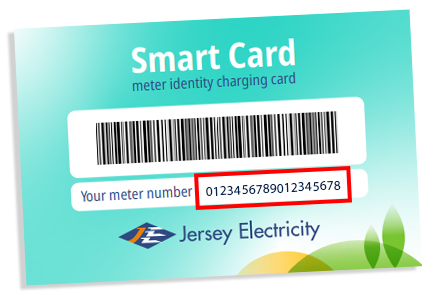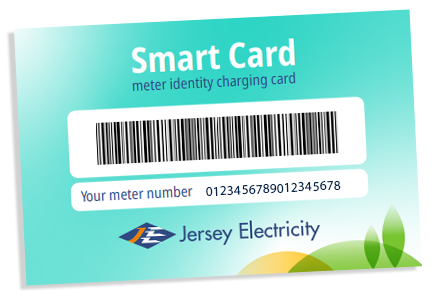The tariff increase is in response to the wholesale energy market which, although showing signs of easing, remains much higher than historic norms. Through our supply contract from France, where we fix prices for around one third of our imported electricity, coupled with our disciplined hedging and risk management processes, we’ve been able to shelter customers from the worst effects of the challenging energy environment, helping avoid an estimated £200m in energy costs, or around £4-5k per household, since the war on Ukraine started.
When the increase is implemented, Jersey’s prices will remain low compared with many countries in Europe. After 1 January 2025, UK electricity prices will remain 50% higher than JE’s standard domestic tariff. UK electricity prices increased 66% between July 2021 and July 2023. Comparable jurisdictions have also been responding to the international energy market, with Guernsey Electricity implementing a 10% increase from 1 July 2024.
JE’s CEO Chris Ambler, explained, “We remain acutely aware of the rising costs of everyday essentials and the pressures on household budgets. We encourage any customers with concerns about their electricity bills to contact our Customer Care team. While we understand increases in electricity prices are unwelcome, we have worked hard to shelter customers wherever possible, including continuing to challenge ourselves to drive further efficiencies.
“After the increase comes into effect in January 2025, Jersey’s electricity prices will remain substantially lower than UK prices which will be around 50% higher than Jersey’s. The Isle of Man and Guernsey’s electricity prices will also be more than 30% higher than Jersey prices from January next year.
“Turmoil in the international energy markets and the onset of Russia’s invasion of Ukraine have contributed to high and volatile wholesale energy prices across Europe and much of the world in recent years. Against this backdrop, we are starting to see signs of a more stable energy environment emerge, albeit with higher levels than historically has been the case. Our strategy of importing clean renewable electricity from France has helped to maintain relatively stable electricity prices, whilst making necessary investment and future-proofing the Island’s electricity network.”

